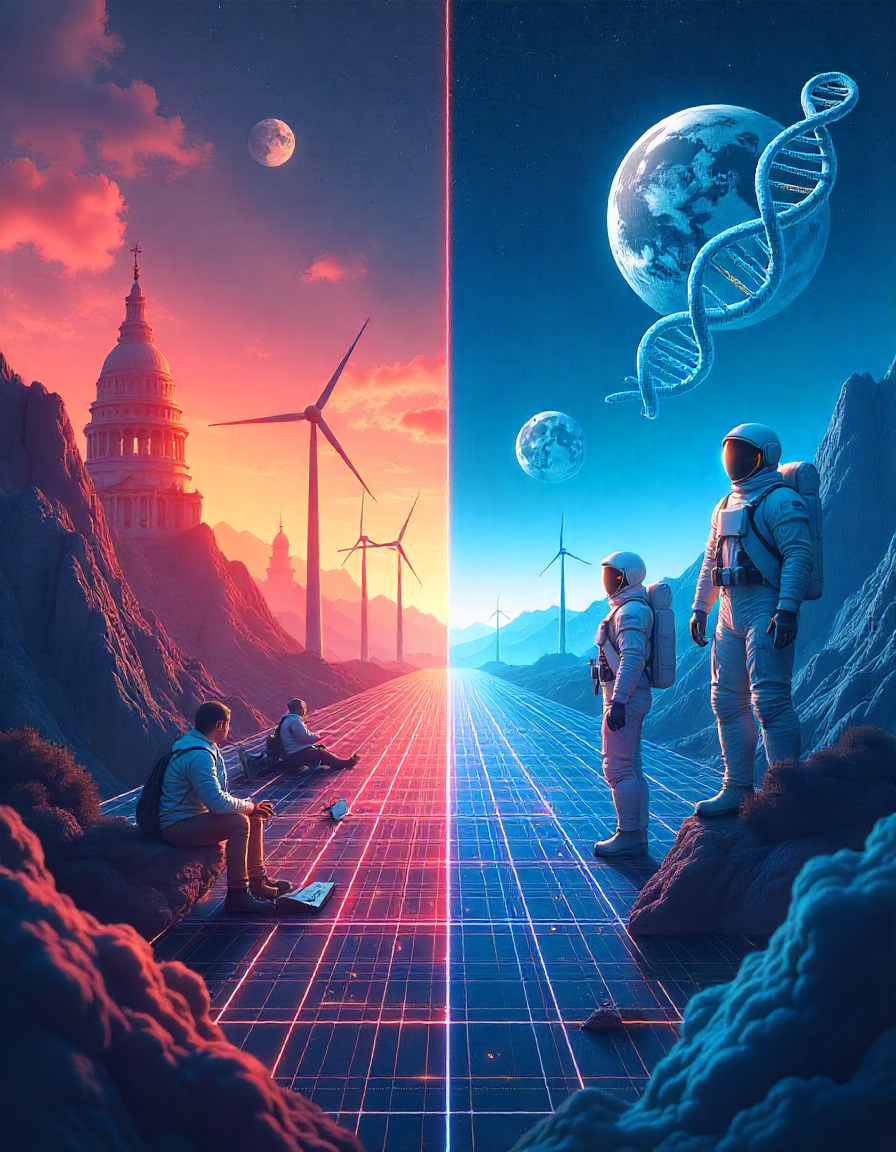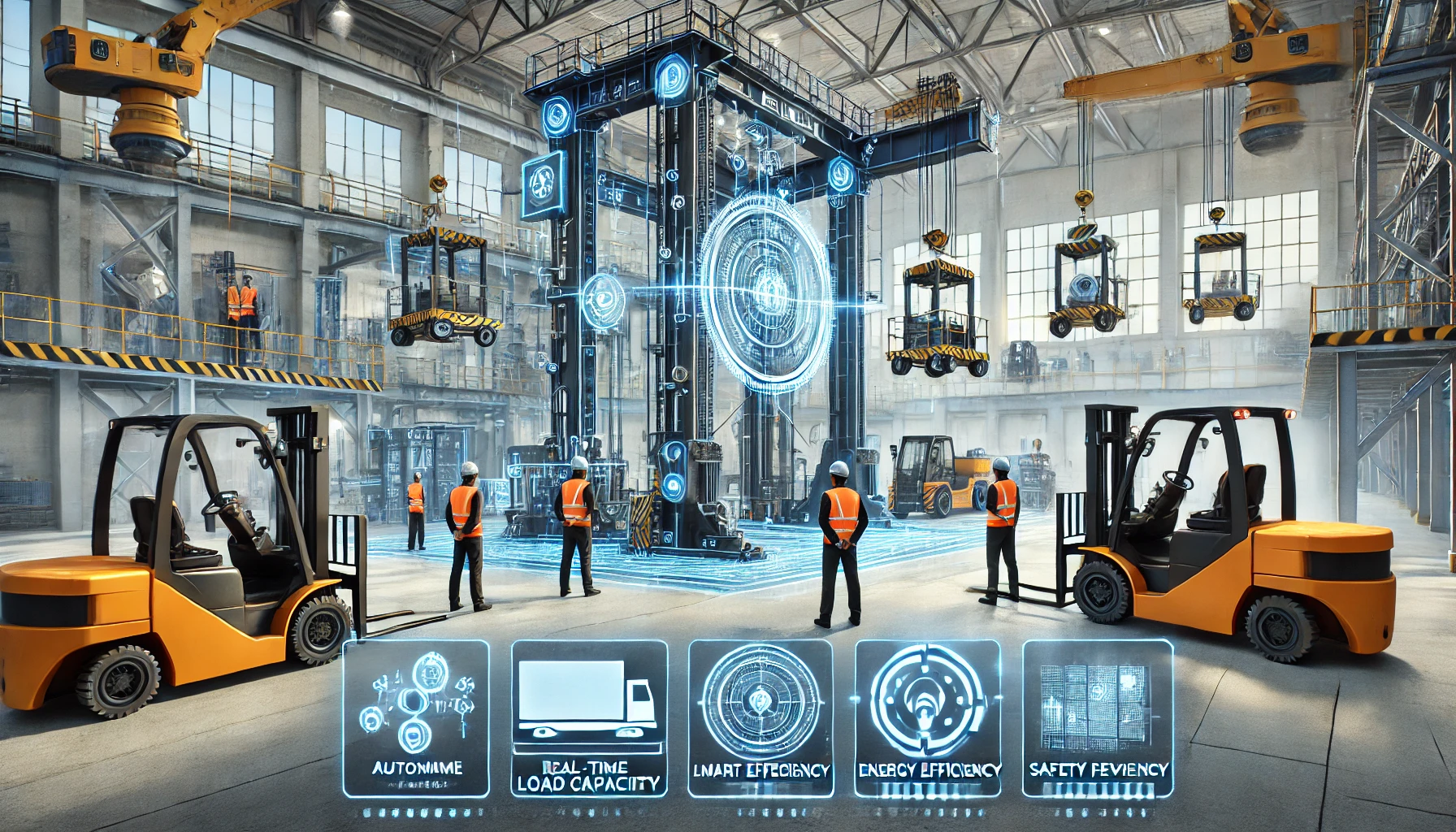From the discovery of fire to the rise of artificial intelligence, technology has always shaped the way societies live, work, and dream. It is more than gadgets and devices; it represents the tools we build to overcome limitations and expand possibilities. As new innovations emerge at a rapid pace, technology continues to redefine economies, communication, and even human identity.
The Historical Roots of Innovation
The story of technology begins with survival. Early humans fashioned stone tools for hunting and farming, laying the groundwork for civilization. The invention of the wheel, irrigation systems, and writing were breakthroughs that connected communities and allowed knowledge to spread. Later, the printing press transformed literacy and communication, while the steam engine fueled the Industrial Revolution, forever altering production and transportation.
Each leap in technology has carried both benefits and challenges. Industrial machinery created jobs but also displaced traditional crafts. Electricity illuminated homes yet demanded vast infrastructure. By tracing this history, it becomes clear that technology always functions as a double-edged sword—capable of progress but also requiring thoughtful stewardship.
The Digital Revolution
In the 20th century, digital technology transformed the modern world. Computers shrank from room-sized machines to pocket-sized devices, while the internet connected billions of people across continents. These changes redefined business, education, and culture. Social networks, online marketplaces, and digital banking have become integral to daily life.
The digital revolution also raised new questions. Issues of privacy, misinformation, and screen dependency emerged alongside opportunities for global collaboration. Balancing these aspects remains one of the defining challenges of our time.
Artificial Intelligence: Promise and Peril
Among today’s most influential technologies is artificial intelligence. AI systems now perform tasks once thought impossible for machines—diagnosing illnesses, analyzing complex data, even composing music. In industries from healthcare to logistics, AI is driving efficiency and insight.
Yet the rise of AI also prompts concerns. What happens when machines can perform jobs faster and cheaper than humans? How do we ensure algorithms remain fair and unbiased? These questions highlight the need for ethical frameworks to guide innovation. Used wisely, AI could revolutionize everything from personalized education to environmental protection. Misused, it could deepen inequalities and erode trust.
The Internet of Things (IoT)
The Internet of Things refers to the growing network of connected devices—smart thermostats, wearable health monitors, autonomous vehicles, and more. These tools create convenience by allowing seamless communication between everyday objects. Imagine a refrigerator that tracks groceries or a city grid that optimizes traffic flow.
But with connectivity comes vulnerability. Every connected device is a potential entry point for cyberattacks. Protecting privacy and security in an IoT world requires robust safeguards and informed users.
Biotechnology and Human Potential
Technology extends beyond machines into the very fabric of life. Biotechnology is opening doors to genetic therapies, precision medicine, and sustainable agriculture. CRISPR gene-editing, for instance, offers possibilities to cure inherited diseases or create crops resilient to climate stress.
These developments, however, stir ethical debates. Should we alter human genes to eliminate disease? Where is the line between treatment and enhancement? Biotechnology forces society to confront profound questions about identity, morality, and the boundaries of science.
Green Technology and Sustainability
With growing awareness of climate change, technology is central to building a sustainable future. Renewable energy sources like solar and wind are becoming more affordable, while innovations in battery storage make clean energy more reliable. Smart grids, electric vehicles, and eco-friendly materials are reshaping industries.
Sustainable technology not only reduces environmental harm but also creates economic opportunities. Nations investing in clean technology are positioning themselves as leaders of the future economy. However, balancing growth with sustainability remains an ongoing struggle.
The Role of Space Technology
Exploring space has always relied on cutting-edge technology. Satellites guide navigation, forecast weather, and enable communication across the globe. Space exploration is no longer solely the realm of governments; private companies are developing rockets, space stations, and even plans for interplanetary travel.
Space technology inspires awe but also serves practical purposes on Earth. Satellite imagery helps track deforestation, monitor natural disasters, and support humanitarian aid. The innovations built for space often find applications in medicine, materials science, and energy.
Cybersecurity in a Connected World
As technology permeates every corner of life, the need for security has never been greater. Cyberattacks threaten individuals, corporations, and nations alike. Data breaches expose personal information, while ransomware can paralyze critical infrastructure.
To counter these risks, experts are developing advanced encryption, AI-driven threat detection, and global security frameworks. Still, the human factor—awareness, education, and responsibility—remains central to protecting digital landscapes.
The Human Side of Technology
Beyond hardware and software, technology influences how people connect and express themselves. Social media allows voices to reach global audiences but also fosters echo chambers and online hostility. Video calls bridge long distances yet cannot fully replace face-to-face contact.
This duality shows that technology is not neutral—it amplifies both the best and worst of human behavior. The challenge lies in harnessing it to strengthen empathy, knowledge, and cooperation rather than division.
Looking Ahead
The pace of technological change shows no signs of slowing. Quantum computing, immersive virtual environments, and advanced robotics are on the horizon. Each breakthrough holds transformative potential, yet also raises questions about ethics, equity, and purpose.
The future will not be defined solely by what technology can do, but by how humanity chooses to use it. Progress demands not only innovation but also reflection—asking not just can we build something, but should we?
Final Thoughts
Technology is the story of human ambition and ingenuity. It enables us to explore the stars, cure disease, and connect across continents. Yet it also challenges us with dilemmas of privacy, inequality, and responsibility. To embrace technology wisely, societies must pair invention with ethics, and ambition with compassion.
In the end, technology is neither savior nor villain—it is a mirror of humanity itself. How we shape it will determine the kind of future we leave for generations to come.




